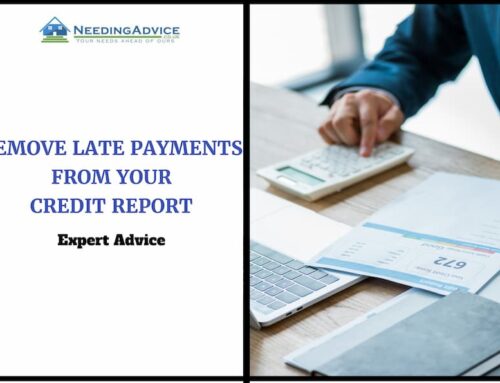Navigating the choppy waters of debt can be overwhelming, especially when your outstanding debts surpasses your annual income. From credit card debt to student loansLoans that are taken out by students to finance their educat..., the monthly payments can add up, straining your finances and impacting your credit score. Debt consolidationConsolidating multiple debts into one loan, often using the ... is often touted as a solution, but what are the implications when your debt exceeds your annual income? This article will explore the complexities and options available under such exceptional circumstances.
Types of Debt Involved
Before considering debt consolidation, it’s crucial to assess the types of debt you have. Unsecured debt such as credit card debt, personal loans, and student loans might be more straightforward to consolidate. On the other hand, secured debts like auto loans or hire purchase agreements involve assets that can be reclaimed by secured creditors if payments are missed.
Income and Expenses
Your monthly income serves as the basis for any debt management plan. Financial institutions like credit unions and finance companies will assess your current income, disposable income, and additional income streams. They’ll also factor in your monthly expenses, such as adult care costs, public transport, and childcare costs. In some cases, even your credit file can be scrutinised to decide the credit agreement you qualify for.
Applying for Debt Consolidation Loans
Loan application forms will often require extensive financial documentation. Your credit report from a credit reference agency will provide a snapshot of your financial stability or lack thereof. Poor credit can affect the type of loan you qualify for, whether it be unsecured loans or alternative products like Social Fund loans. There might be an application fee, and you may need to meet certain conditions, such as being a British citizen or resident of Northern Ireland, to be eligible.
Loan Terms and Repayment Plans
The loan agreement will outline the terms, including the period of time you have to repay the loan. Some people opt for an income-driven repayment plan, such as an ICR Plan, to ensure that their monthly debt payments are more aligned with their regular income. Others might opt for a 10-year Standard Repayment Plan or a modified plan that is more suited to their individual circumstances.
Variable Interest Rates
It’s crucial to note that rates on credit cards and some personal loans are often variable, meaning that your outstanding balance may continue to accrue interest at varying rates over the period of the loan.
Moratorium Periods and Penalty Fees
In certain situations, you might be eligible for a moratorium period where payments can be temporarily halted. However, make sure you understand the ramifications, such as late payment fees or additional form filing fees, as well as the impact on your credit histories.
Special Considerations
Pension Choices
Pension pots can sometimes be used for paying off debts, although this is generally not advisable due to the long-term consequences and possible penalties involved. Unapproved pensions and Attendance AllowanceIncome received by borrowers who require care due to a disab... are generally not considered an allowable expense.
Child Maintenance Service
If you’re receiving payments through the Child Maintenance Service, this may count as additional income, which could affect your loan application. Universal CreditA government benefit that replaces several other benefits, i..., however, might not be taken into account.
Official Receivers and Insolvency
In extreme cases, filing for insolvency could be an option. The role of the official receivers is to manage the assets and liabilities, distributing them among creditors in a meeting of creditors. However, this is a last resort, and independent advice should be sought.
Alternative Routes
Debt Settlement Companies
While often not advisable due to the risk of accumulating more unpaid debt, debt settlement companies offer negotiations to reduce the principal balances owed. This is only recommended under specific, dire circumstances.
Financial Aid
Subsidised Loans and Unsubsidised Loans, typically used for education, are generally not recommended for debt consolidation.
Conclusion
Consolidating debt that exceeds your annual income is a challenging but not impossible endeavour. While you can aim to reduce your outstanding debts through regular payments, the strategy must be aligned with your financial situation and income tax obligations.
Different loan products and repayment plans are available to suit diverse needs, but they come with their pros and cons. Given the complexities, securing independent advice is crucial. A comprehensive look at your lifetime allowance, housing expenses, and possible contingencies like a disabled child element is essential for an informed decision.
Always remember that debt consolidation is a financial tool and not a cure-all. Therefore, it is essential to weigh all your options, understand the associated risks, and continuously assess your situation, especially when the debt is in excess of your annual income.







Leave A Comment